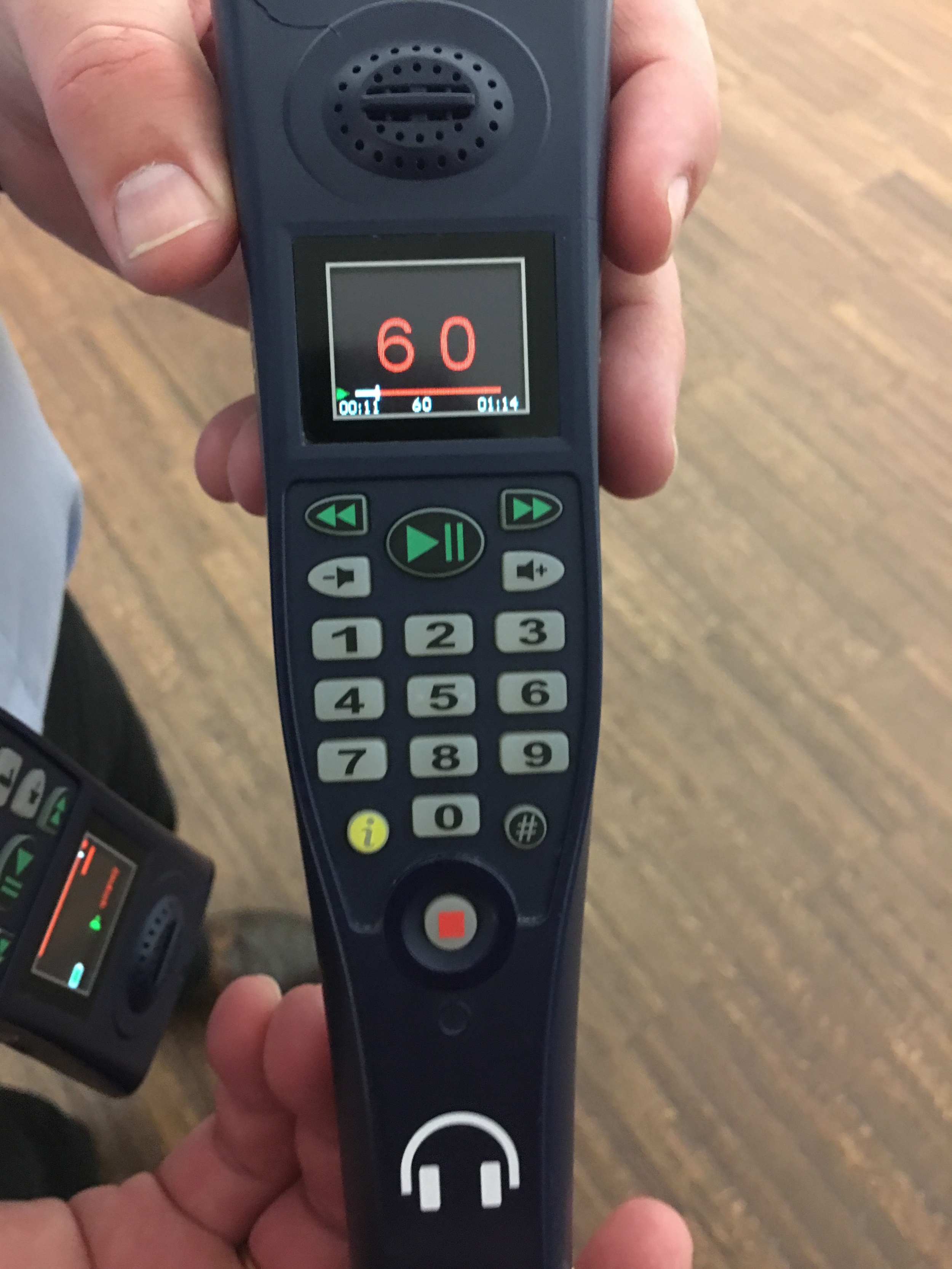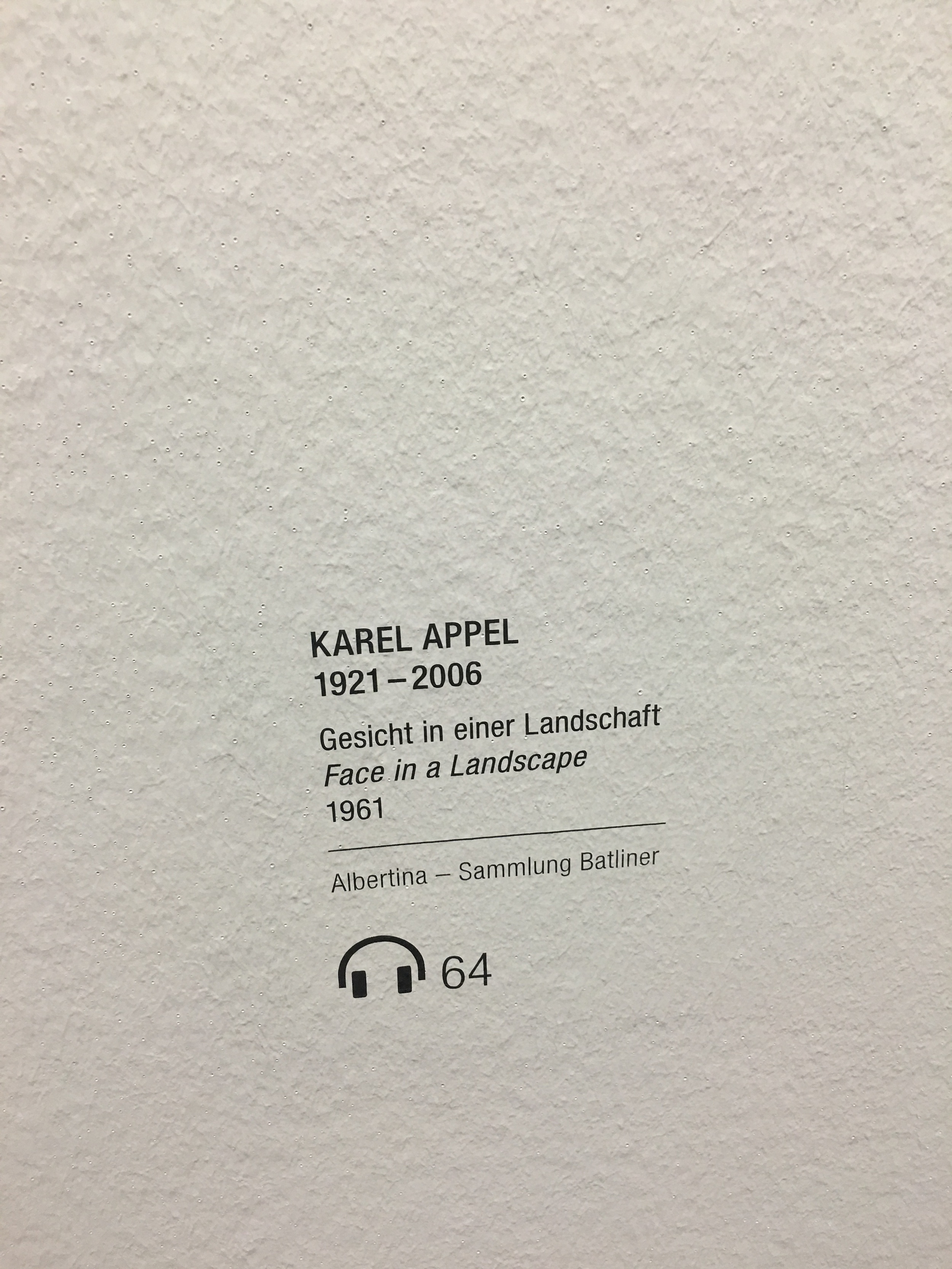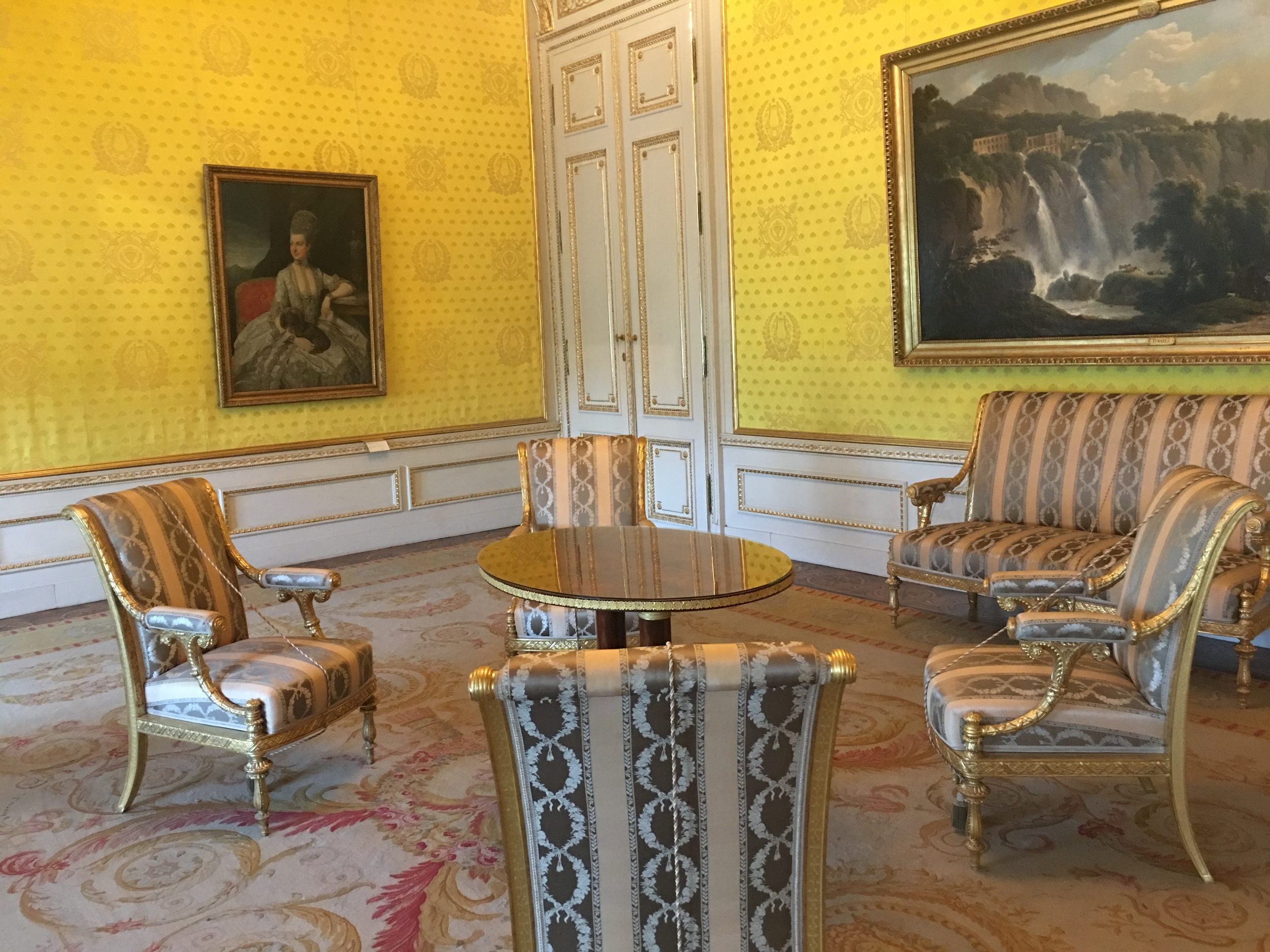Above: Albertina, Wien (photo by Alexander Ch. Wulz)
About the Museum
A visit to Vienna is always a very special treat for me: Vienna is the capital of my home country Austria and one of the most livable cities in the world, according to an international survey of 250 different cities. Vienna offers history, art, music, literature, performing arts, museums, architecture, restaurants, coffee houses, and much more.
The Albertina palace, right in the heart of Vienna's inner city, next to the Opera House and the famous Hotel Sacher, hosts the Habsburg Staterooms, hosts one of the most important and extensive graphic art collections in the world, is the permanent home to the Batliner Collection “Monet to Picasso” and showcases exhibitions of international significance.
Entrance
From the street level you can take either an escalator or the wide staircase to the upper level and from there to the entrance lobby, a beautiful, airy atrium. The ticket counter is located on the left side. There are no large print brochures or maps available at the counter. Since I had announced my museum visit to the accessibility department beforehand, they offered to print maps and labels in large print especially for me. You can also purchase small magnifying lenses (1.10 Euros) at the ticket counter. Equipped with an audio guide I went on to explore the Albertina.
The Staterooms
As this used to be a palace in former days, I started with the official Habsburg Staterooms and immediately wished I had been dressed in the right outfit for this occasion - a beautiful robe, matching jewelry, with an elaborate hairdo befitting a queen or even an empress! I had a feeling of stepping back in time. The rooms are lavishly furnished, the floors in beautifully polished wood, the walls covered with silk tapestry, all preserved in its original, imperial layout. A beautiful staircase leads up to the upper floor. Unfortunately, it does not have a continuous hand rail, which made it hard for me to walk down. Between some of the staterooms I encountered a couple of steps, but I was on the lookout anyway, so they did not take me by surprise.
Left: Stateroom
Right: label with an audio guide symbol on the top right corner
Each room has a sign depicting the history of the room (in German) and an audio guide symbol, which I found easy to read.
Graphic Arts
The collection of graphic art is a very unique one, with exquisite works by Leonardo da Vinci, Michelangelo, Rubens, Dürer, Klimt, Schiele, Kokoschka, Picasso, Warhol, and many more.
One of my favorite drawings there is Albrecht Dürer’s “The Hare” - unfortunately with a label that I could not read and no audio guide information.
Above: Albrecht Dürer "The Hare"
Current Exhibition and Batliner Collection
The current exhibition that I visited was “From Chagall to Malewitsch” - very interesting and beautiful, but taking photos was not allowed. The labels were hard to read and I also could not read the numbers for the audio guide.
In the permanent Batliner collection “Monet to Picasso” I was very happy to see that the labels were in a decent size and that I was able to read the audio guide numbers.
The audio guide itself was easy to use, with a big display and large buttons that were easy to manipulate - a pleasant experience. The text was interesting and well written, but there was no verbal description available.
Above: Audio guide and symbol
Last, but Not Least
My visit to the Albertina was interesting and rewarding. I loved the time span the museum let me experience, from Leonardo da Vinci to Anselm Kiefer. The museum was navigable by myself without a guide.
Don´t miss the shop before you exit the museum - it has a very good collection of art books, prints, gifts and many more lovely items. Also the Café, to the left of the entrance, is worth a visit.
















